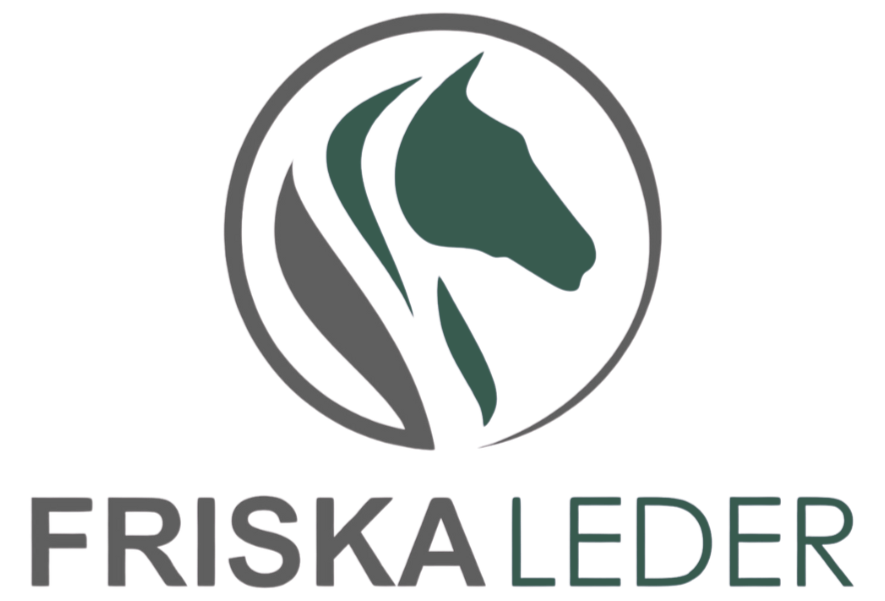We are often recommended to give our horses hyaluronic acid as a dietary supplement. The purpose of the supplement is to promote good joint health, i.e. to give our horses the best conditions to last a long time by avoiding joint inflammation and osteoarthritis. Veterinarians also recommend giving hyaluronic acid for rehabilitative purposes when, unfortunately, joint inflammation has nevertheless occurred. In the acute phase, the substance is injected directly into the affected joint to quickly relieve the inflammatory condition. The recovery is then supported by continued giving in the feed.
Hyaluronic acid helps maintain good joint health
Does it matter which hyaluronic acid product I choose?
The answer to that question is yes because the molecular weight has a decisive importance for the impact in the joint. When you are going to buy a joint supplement that is based on hyaluronic acid, it is therefore extremely important to find out what molecular weight the content has. It is better the higher the molecular weight of the hyaluronic acid, provided that it is still manageable.
When the first hyaluronic acid products for oral use were launched by EvaVet in the 90s, researcher Eva Skiöldebrand in collaboration with 2 veterinarians from the USA had done careful research studies to ensure the molecular weight required to have a positive impact on the joint.
The concentration of hyaluronic acid is another parameter to look at. It shows how much hyaluronic acid the supplement contains. Here it is more about getting value for money and knowing that the horse is actually getting the amount needed to benefit.
Conquer & Chondrogen were the first hyaluronic acid products for oral use and were launched in 1996
How is the joint affected by different qualities of hyaluronic acid?
As said, it is important to use a product with as high a molecular weight as possible, preferably up to 1.4 million Daltons. The existing synovial fluid is then refilled with new, high-quality synovial fluid. Products with a low molecular weight can rather trigger joint inflammation than prevent it!
High molecular weight hyaluronic acid means that it has very large molecules. As these travel to the joint, they will strive to create new large molecules that bind the synovial fluid together and make it thick and viscous. Since the job of synovial fluid is to act as a lubricant and shock absorber, it must therefore have large molecules to be able to do its job.
If you instead give the horse a preparation with a low molecular weight, in other words, small molecules are sent into the joint. The small molecules are smaller than those found in the existing synovial fluid. They will instead strive to break down the entire joint's synovial fluid to the smaller size. The effect is that the synovial fluid becomes more watery and easy-flowing. The lubricating and shock-absorbing properties deteriorate and this increases the risk of joint inflammation and osteoarthritis.
In other words, it is essential to find out the molecular weight of your hyaluronic acid product to ensure the positive effects of giving the horse the important joint supplements.
Friska Leder's products are researched by veterinarians & sold at many of the country's veterinary clinics
You can read more about what hyaluronic acid is here




Leave a comment
This site is protected by hCaptcha and the hCaptcha Privacy Policy and Terms of Service apply.